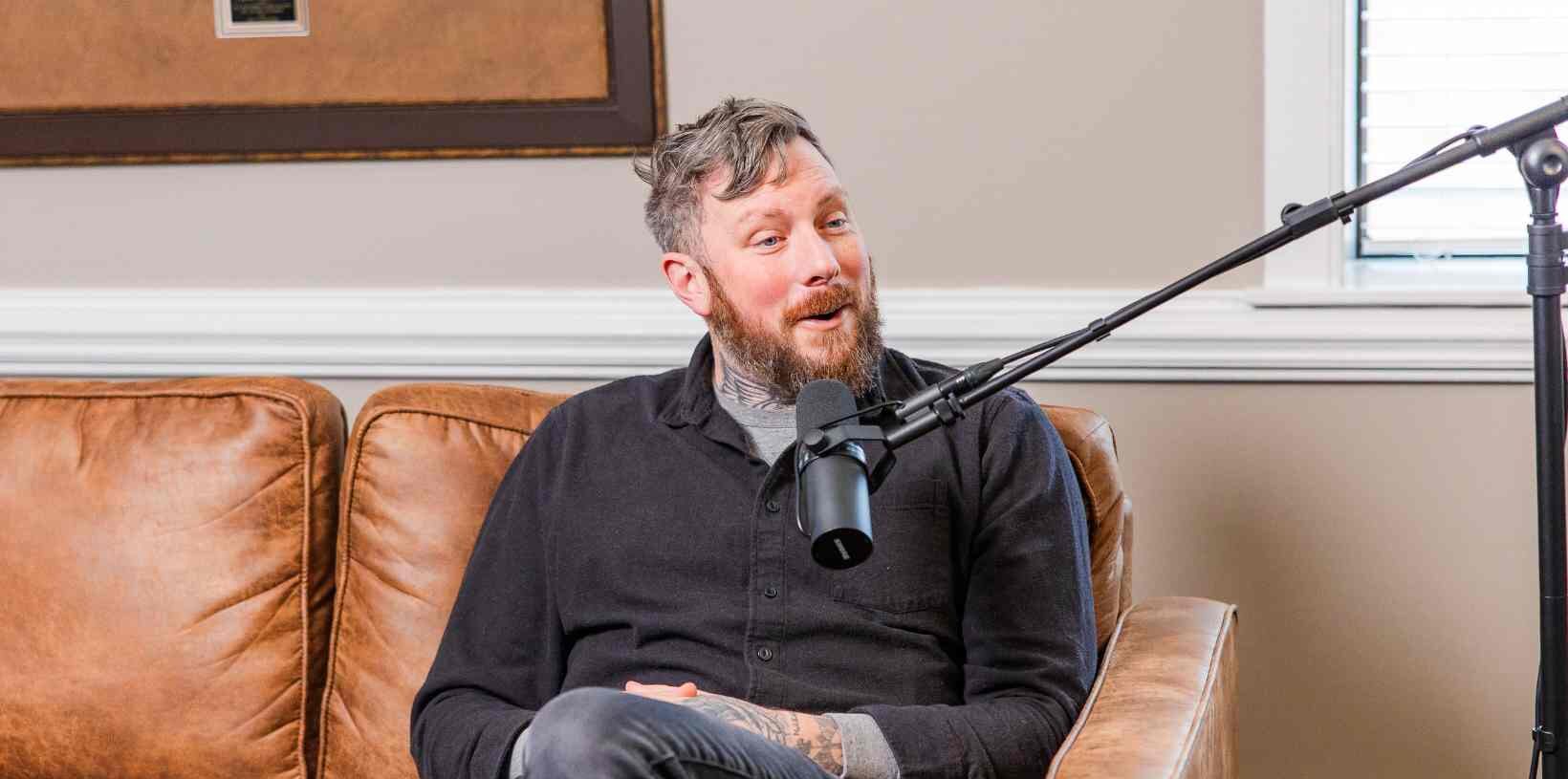“There’s no way this is happening.”
“They just wouldn’t… not my kid.”
“After all we’ve taught them, this? Really?”
“But he was part of every Sunday school.”
“She’s my responsible one!”
Ring any bells?
These echo in the ears of countless parents who come face-to-face with the staggering reality that their beloved child is ensnared in addiction’s vice grip. It’s a natural reflex to weave tales of denial, anything to ward off the heartbreak of admitting: “My child? An addict?”
No parent dreams of embracing such a hard truth. It’s far easier to look the other way, shrug it off, or label it a passing phase. That’s not negligence, that’s just being human. It’s a form of grief, a grieving process for the child you once knew.
When you see that once bubbly kid now clouded with addiction, a part of you mourns. Their visits become infrequent, their essence changed. On substances, they’re a far cry from the child you raised. They behave, think, and react differently. Rationality seems to have left the building.
So, how does a family cope? Oftentimes, by cloaking the problem in the soothing blanket of denial.
However, living in denial could mean missed opportunities to intervene before things spiral further. To genuinely tackle this issue, step one is ripping off the band-aid and facing the music.
Drugs are a treacherous terrain.
But when it’s your own blood navigating this treacherous path, emotions can cloud judgment. The scale of the issue is often downplayed, whispered assurances claiming “it’s not THAT bad”. But the longer you dilly-dally around it, the graver the situation becomes.
So, here’s my plea: Take off those rose-tinted glasses.
You might be brimming with questions like, “What if they’re not ready?” or “How do I approach them?”. All valid concerns, but this piece isn’t about that. This is a call for you to move from disbelief to acceptance, so you can then chart a course of action that offers your loved one a real shot at redemption.
To truly extend a helping hand, you first need to see the person in need.



